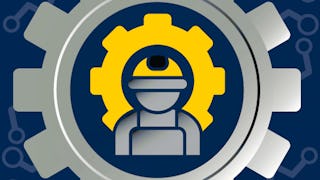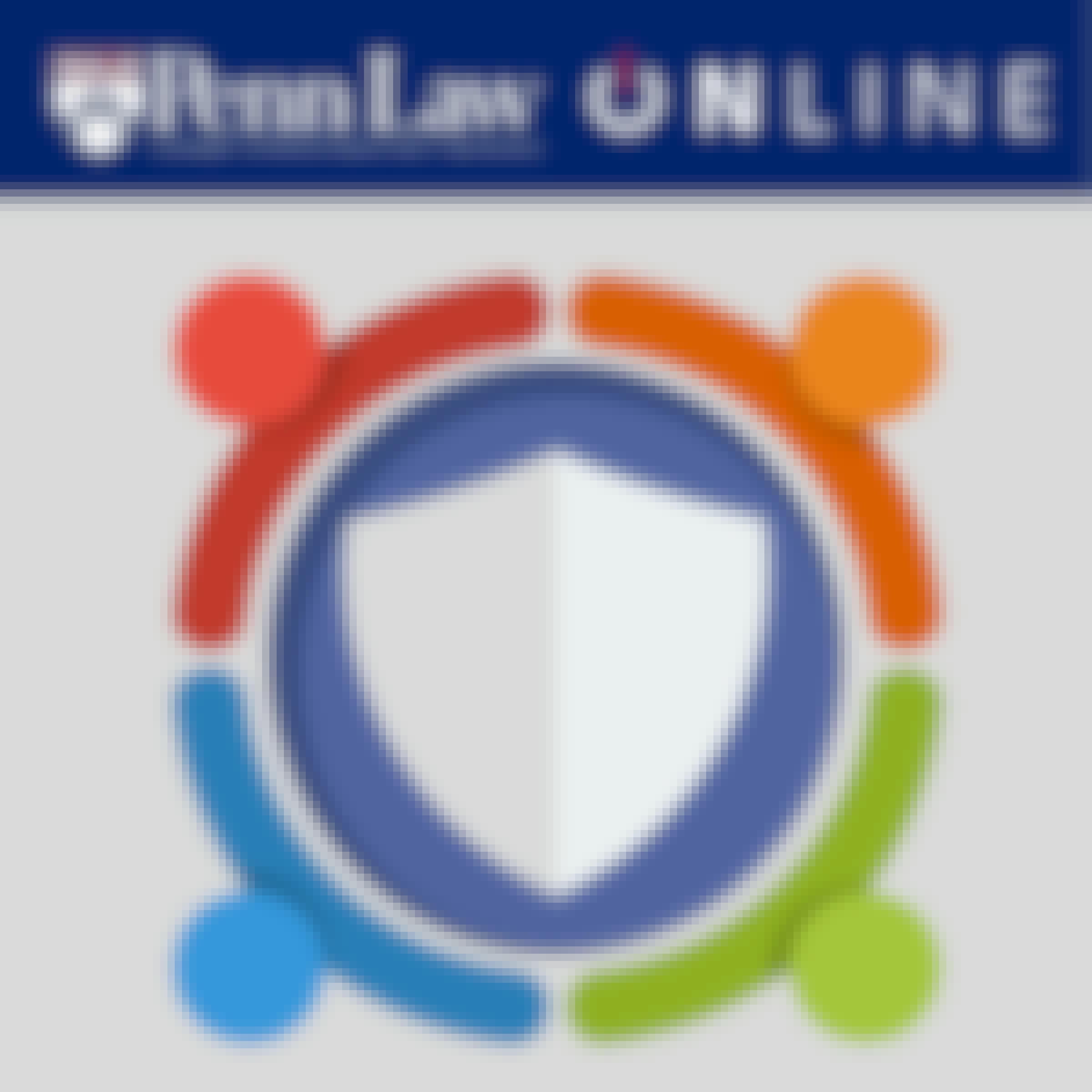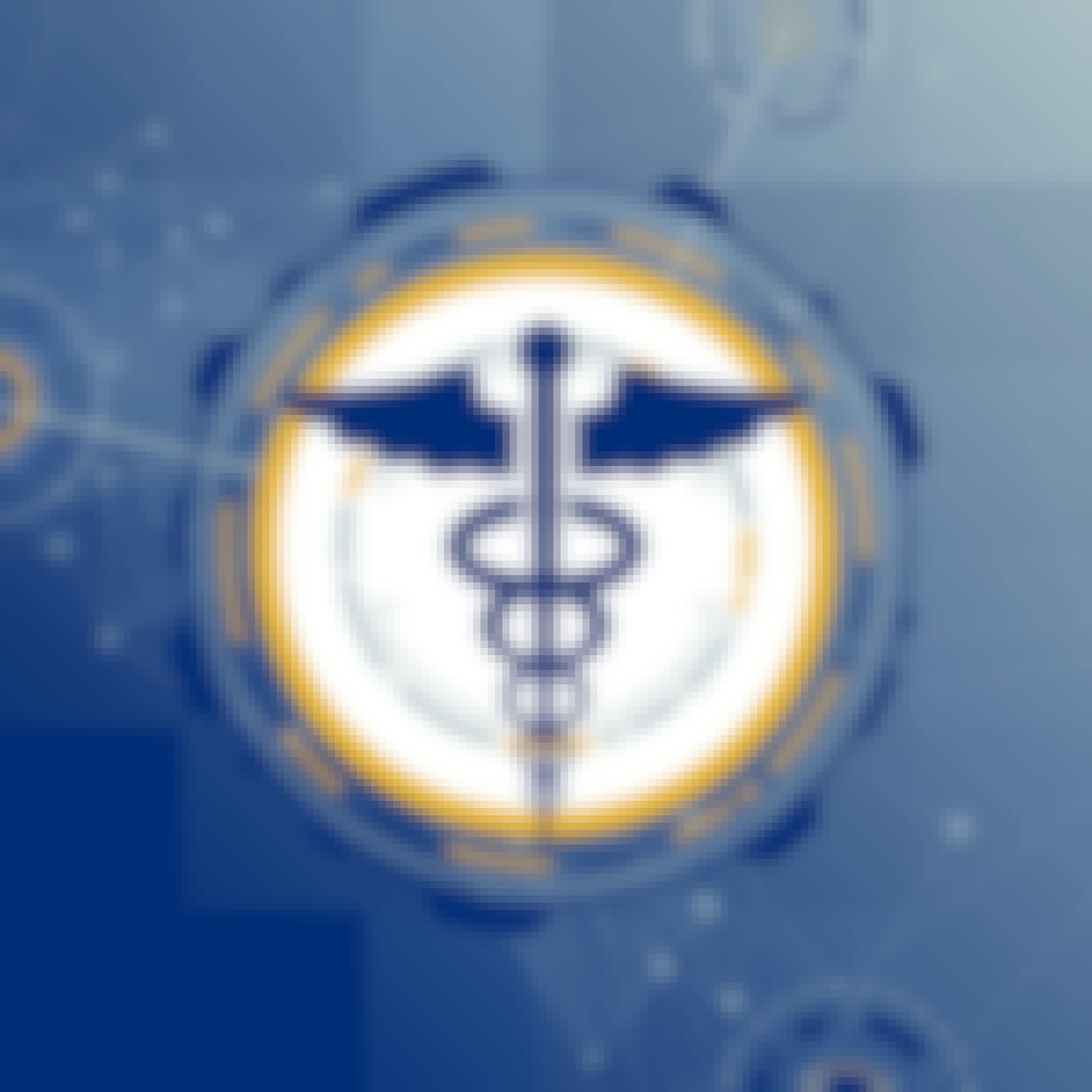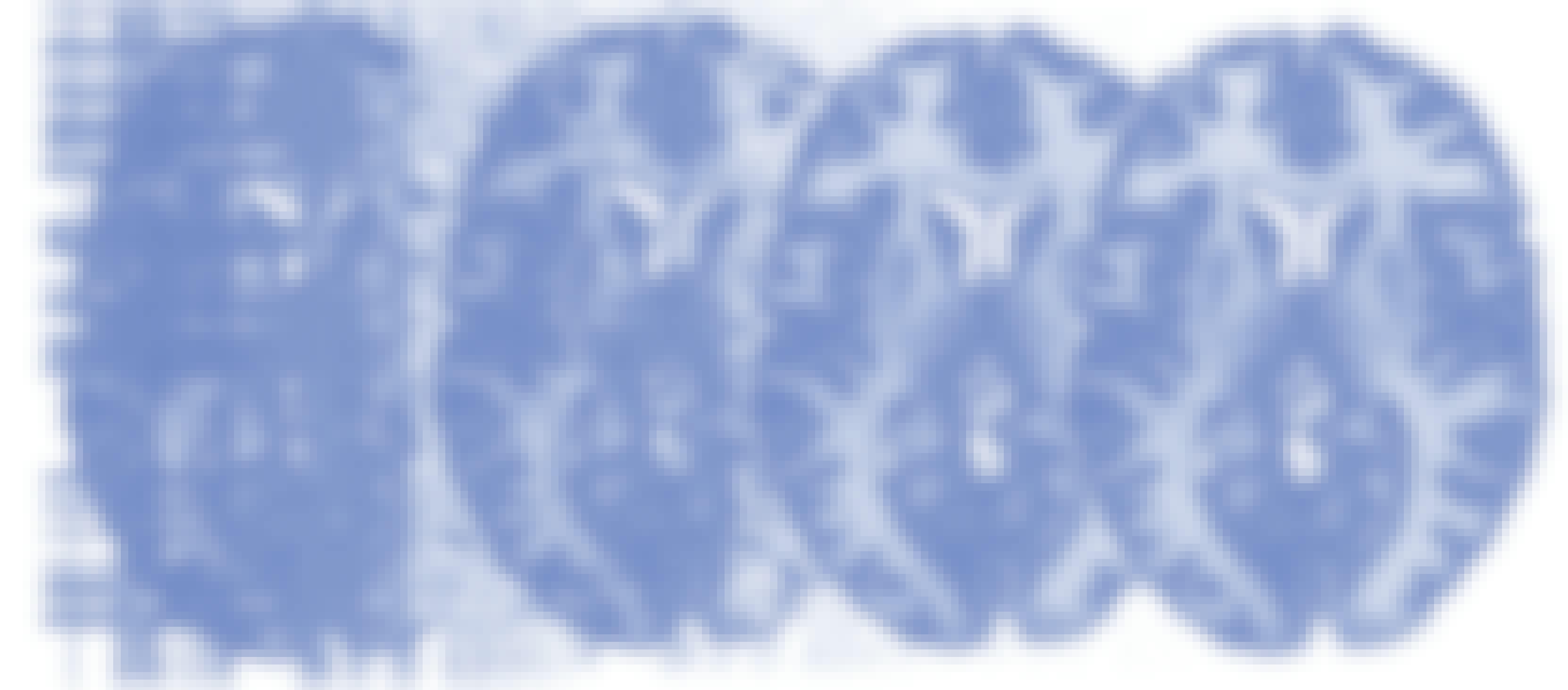Filter by
SubjectRequired
LanguageRequired
The language used throughout the course, in both instruction and assessments.
Learning ProductRequired
LevelRequired
DurationRequired
SkillsRequired
SubtitlesRequired
EducatorRequired
Find the Best Medical Course for Your Goals
 Status: NewStatus: Free Trial
Status: NewStatus: Free TrialSkills you'll gain: Respiration, Cardiology, Respiratory Care, Pulmonology, Clinical Nutrition, Anatomy, Nephrology, Orthopedics, Kinesiology, Medical Imaging, Patient Evaluation, Radiography, Urology, Gynecology, Electocardiography, General Medical Tests and Procedures, Radiology, Medical Terminology, Biology, Interactive Learning
 Status: Free Trial
Status: Free TrialEIT Digital
Skills you'll gain: Technical Standard, General Data Protection Regulation (GDPR), Personally Identifiable Information, Information Privacy, Case Law, Medical Privacy, Court Systems, Telecommunications, Legal Writing, Law, Regulation, and Compliance, Legal Research, Data Ethics, European History, International Relations, Interoperability, Cybersecurity, Data Security, Emerging Technologies, World History, Civil Law
 Status: Free Trial
Status: Free TrialSkills you'll gain: Computer Vision, Image Analysis, Deep Learning, Matlab, Applied Machine Learning, Machine Learning, Motion Graphics, Data Mapping, Artificial Intelligence and Machine Learning (AI/ML), Visualization (Computer Graphics), Geospatial Information and Technology, Feature Engineering, Medical Imaging, Machine Learning Algorithms, Data Validation, Geometric Dimensioning And Tolerancing, Performance Testing, Algorithms
 Status: Free Trial
Status: Free TrialUniversity of Michigan
Skills you'll gain: Machine Learning Methods, Artificial Intelligence and Machine Learning (AI/ML), Precision Medicine, Generative AI, Machine Learning, Artificial Intelligence, Machine Learning Algorithms, Energy and Utilities, Image Analysis, Computer-Aided Design, Design Thinking, Technical Design, Deep Learning, Computer Vision, Medical Imaging, Statistical Machine Learning, Reinforcement Learning, Electric Power Systems, Bioinformatics, Artificial Neural Networks
 Status: Preview
Status: PreviewUniversity of Michigan
Skills you'll gain: Infectious Diseases, Health Disparities, Preventative Care, Public Health, Patient Education And Counseling, Medical Science and Research, Health Policy, Social Sciences, Microbiology, Cultural Diversity
 Status: Preview
Status: PreviewUniversity of Geneva
Skills you'll gain: Autism Spectrum Disorders, Psychiatry, Pharmacology, Mental and Behavioral Health Specialties, Neurology, Psychology, Medical Science and Research, Child Development, Nutrition and Diet, Research, Emerging Technologies, Magnetic Resonance Imaging
 Status: Free Trial
Status: Free TrialImperial College London
Skills you'll gain: Infectious Diseases, Epidemiology, Public Health and Disease Prevention, Public Health, Health Disparities, Cardiology, Chronic Diseases, Microbiology, Community Health, Health Systems, Health Policy, Socioeconomics, Preventative Care, Health Care, Health Assessment, Biostatistics, Data Analysis, Policy Analysis, Trend Analysis, Medical Science and Research
 Status: Free Trial
Status: Free TrialUniversity of Pennsylvania
Skills you'll gain: Medical Privacy, General Data Protection Regulation (GDPR), Personally Identifiable Information, Law, Regulation, and Compliance, Information Privacy, Regulatory Compliance, Compliance Management, Health Care Procedure and Regulation, Data Governance, Data Security, Security Controls, Incident Response, Risk Analysis
 Status: Free Trial
Status: Free TrialJohns Hopkins University
Skills you'll gain: Health Informatics, Health Care, Health Information Management, Databases, Healthcare Industry Knowledge, Clinical Data Management, Electronic Medical Record, Data Mining, Data Analysis, Data Quality, Interoperability, Big Data, Query Languages, Data Integration, Data Science
 Status: Free
Status: FreeStanford University
Skills you'll gain: Diversity Awareness, Cultural Sensitivity, Working With Children, Cultural Diversity, Patient Education and Support, Toileting, Mental Health, Child Development, Parent Communication, Child Health, Medical Support, Student Engagement, Public Health
 Status: Preview
Status: PreviewSkills you'll gain: Image Analysis, Computer Vision, Digital Communications, Computer Graphics, Visualization (Computer Graphics), Medical Imaging, Applied Mathematics, Spatial Analysis, Advanced Mathematics, Linear Algebra, Matlab, Mathematical Modeling, Algorithms, Probability Distribution
 Status: Free Trial
Status: Free TrialJohns Hopkins University
Skills you'll gain: Magnetic Resonance Imaging, Data Analysis, Analysis, Image Analysis, Statistical Analysis, Experimentation, Network Analysis, Research Design, Regression Analysis, Psychology, Time Series Analysis and Forecasting, Matlab, Mental and Behavioral Health, Neurology, Statistical Modeling, Statistical Methods, Research
In summary, here are 10 of our most popular medical courses
- Interactive 3D Anatomy & Physiology: A Gamified Experience: Immersify
- Privacy and Standardisation: EIT Digital
- Computer Vision for Engineering and Science: MathWorks
- AI for Mechanical Engineers: University of Michigan
- AIDS: Fear and Hope: University of Michigan
- Troubles du spectre de l'autisme : biologie et neurosciences: University of Geneva
- Global Disease Masterclass: Imperial College London
- Privacy Law and HIPAA: University of Pennsylvania
- The Data Science of Health Informatics: Johns Hopkins University
- Health Across the Gender Spectrum: Stanford University










